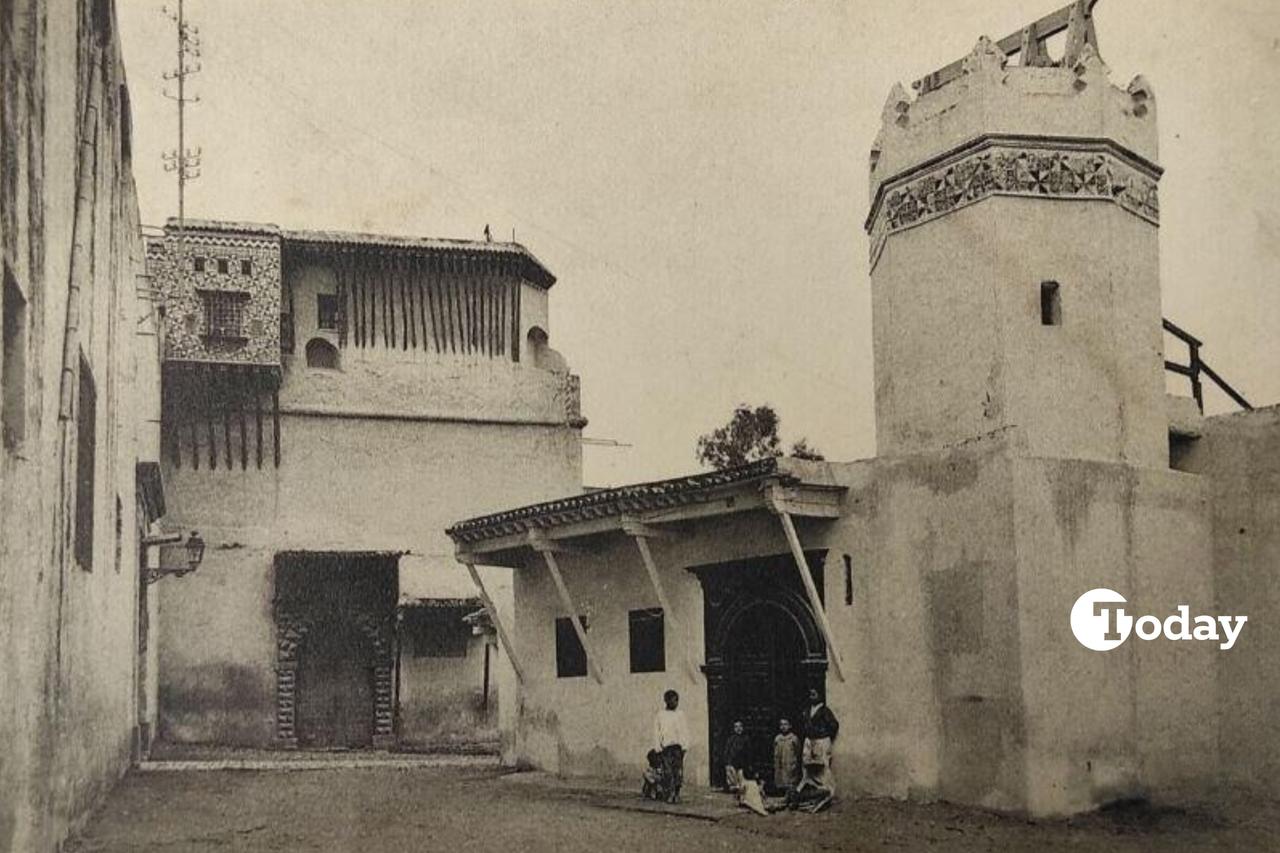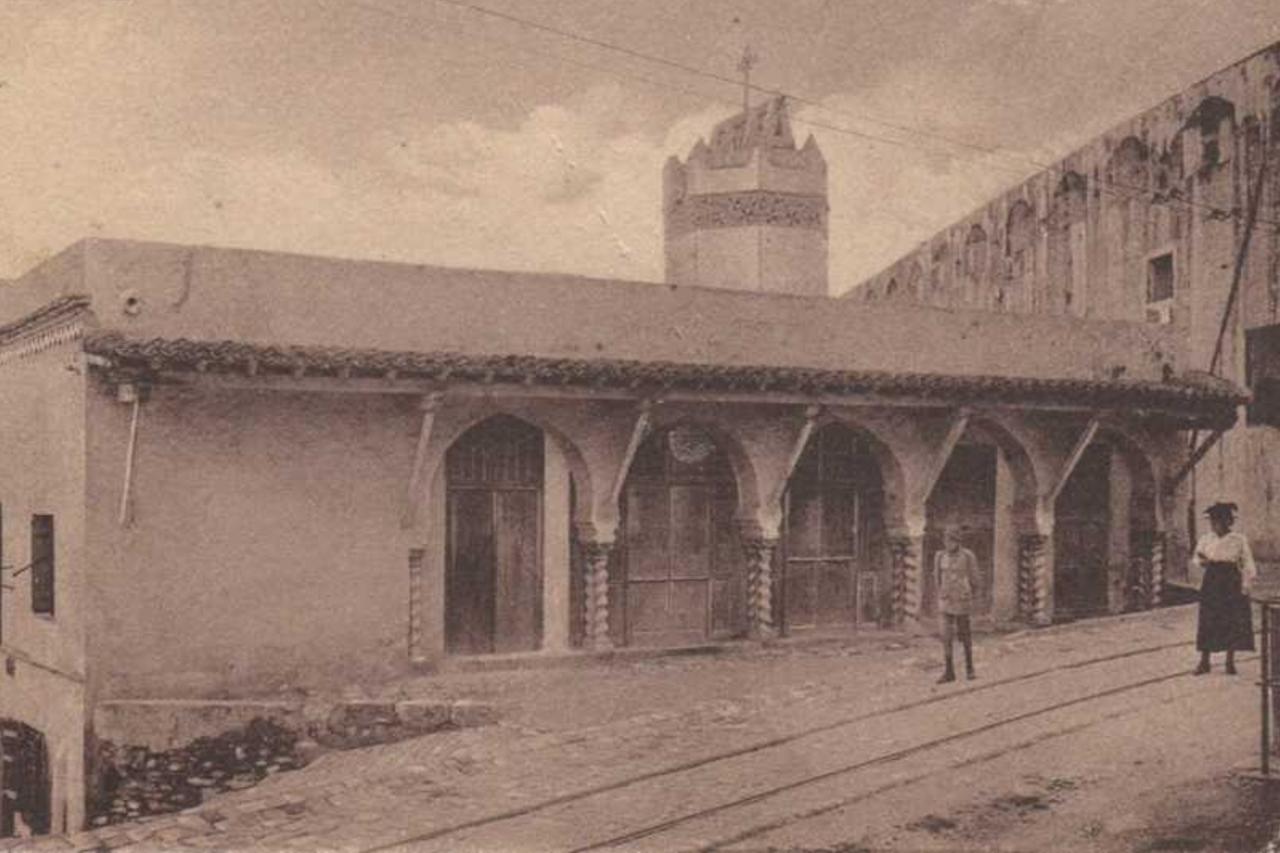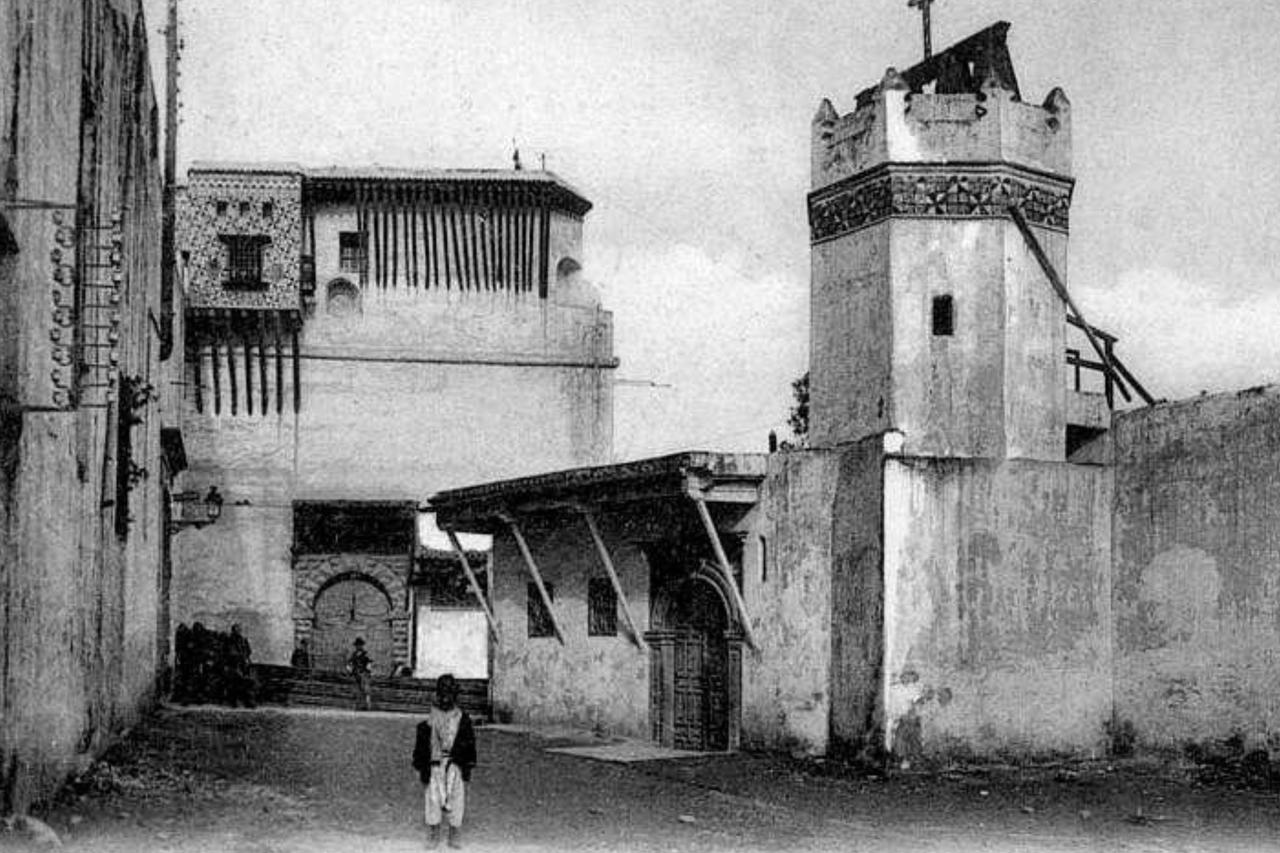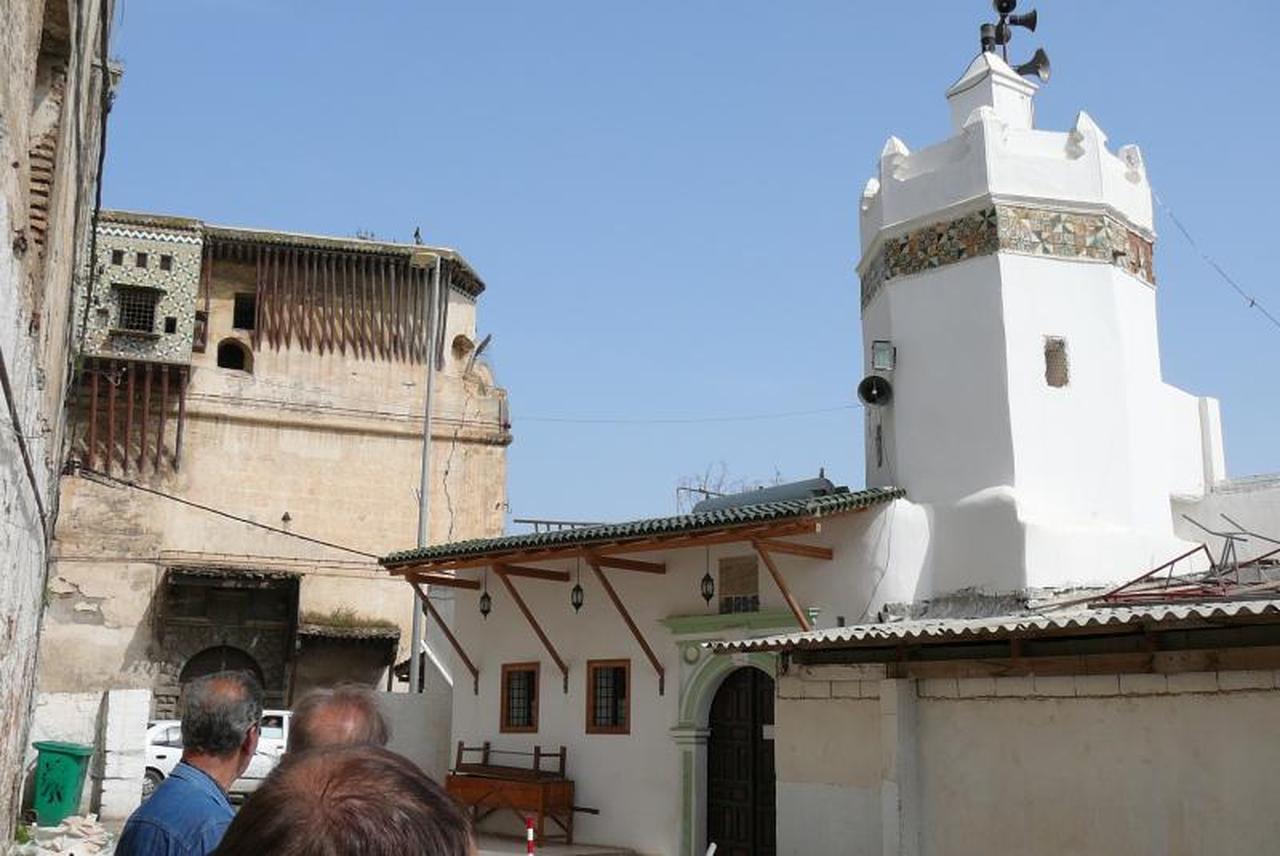
Tucked away in the historic Kasbah quarter of Algiers lies the El Berrani Mosque, an extraordinary yet little-known legacy of the Ottoman Empire. Built in 1653, this mosque not only stands as a spiritual sanctuary but also as a monument to centuries of cultural and artistic dialogue between Anatolia and North Africa.
The Kasbah, a UNESCO World Heritage Site, once housed the administrative and residential core of Ottoman Algiers. Here, the El Berrani Mosque was strategically constructed outside the main fortress walls—its name, “Berrani,” meaning “outsider” in Arabic, reflects its original function as a quarantine zone for arriving foreigners. The mosque’s dual-level design—accommodating both lodging and worship—was an architectural response to the health concerns of the era.

During the Ottoman reign over Algeria, lasting from 1519 to 1830, Algiers blossomed into a regional center of politics and culture. After the French colonization began in 1830, the El Berrani Mosque was repurposed as a military barracks and later converted into a Catholic church named “Saint Croix” by 1839. Following Algeria’s independence in 1962, the building was restored to its original religious function.
Recent field studies conducted during ongoing restorations in 2022 revealed that despite multiple renovations and structural adaptations, the mosque’s original identity as an Ottoman-era Islamic structure has remained remarkably intact. Arabic inscriptions, such as the marble plaque attributed to Ottoman Governor Huseyin Bey in 1818, provide valuable historical insights into their patronage and significance.

Architecturally, the El Berrani Mosque mirrors many elements found in traditional Anatolian mosques. Its rectangular floor plan, four naves aligned parallel to the mihrab, and rows of marble columns reflect a stylistic lineage reaching back to Anatolian cities like Konya, Nigde, and Karaman. The use of marble in structural elements and mihrabs, as well as intricate plasterwork decorations, is a trademark of Ottoman mosque design.
Unique to this mosque is the twin spiral-column motif in the courtyard—an ornamental element not commonly seen even in Türkiye. Its inclusion in Algiers underscores how Ottoman architectural forms evolved through local adaptation and material availability. While Türkiye’s rich marble resources made such grandeur more accessible, in Algeria, economic constraints led to the prevalent use of plaster, a material creatively molded into decorative reliefs and inscriptions.

What makes the El Berrani Mosque exceptional is not merely its age or resilience, but its embodiment of transcontinental connections. Every arch, tile, and column speaks of the Ottoman Empire’s integration of distant territories through a shared architectural language.
As restoration efforts continue, scholars and architects hope that the Berrani Mosque will gain international recognition, not only as a religious site, but as an enduring emblem of Ottoman cultural diplomacy.